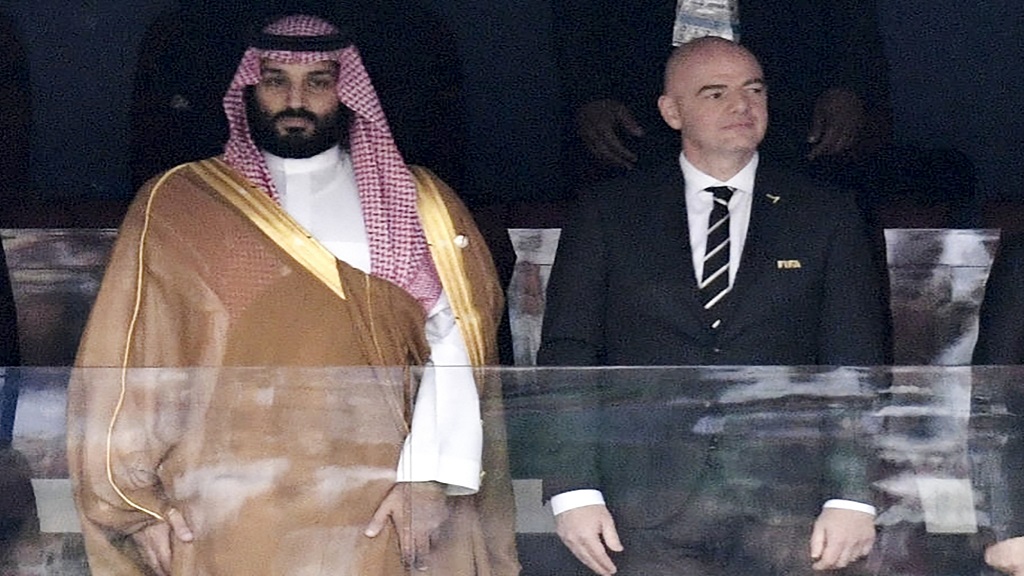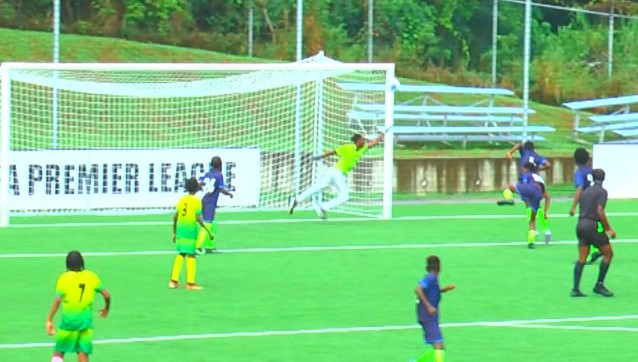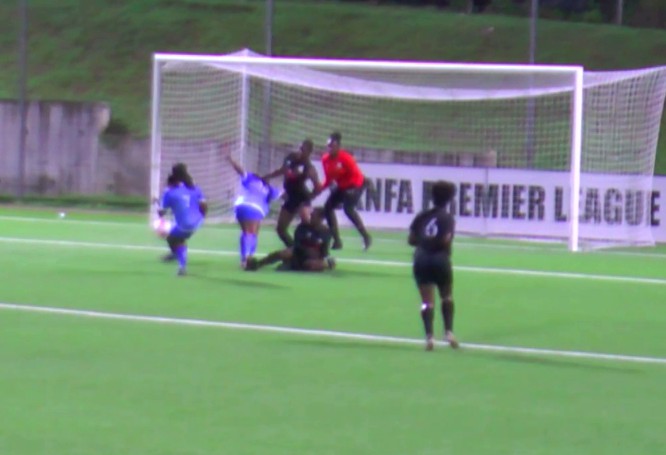Saudi Arabia Selected to Host 2034 FIFA World Cup
Saudi Arabia’s successful bid to host the 2034 Men’s World Cup marks a pivotal moment in the kingdom’s ambitious foray into the global sports arena, spearheaded by Crown Prince Mohammed bin Salman. This achievement, secured through an uncontested bid process overseen by FIFA President Gianni Infantino, solidifies Saudi Arabia’s position as a major player in international sports, despite concerns surrounding human rights and allegations of “sportswashing.” The decision, met with applause from the majority of FIFA member federations, underscores the kingdom’s growing influence within the organization and its willingness to invest heavily in sporting events. This win comes on the heels of a similar unopposed bid process, further raising questions about transparency and accountability within FIFA’s decision-making processes.
The 2034 World Cup bid, the only one presented, was swiftly approved by FIFA, echoing the streamlined process that led to the joint hosting decision for the 2030 tournament. This lack of competition and the speed of the decision-making have drawn criticism, with some accusing FIFA of prioritizing financial interests over ethical considerations. While Saudi officials, along with FIFA President Infantino, have touted the World Cup as a catalyst for positive social change within the kingdom, human rights organizations remain skeptical, citing the potential risks to migrant workers who will be crucial to the vast infrastructure projects required for the tournament. The rapid approval of the bid, without robust public assurances regarding human rights protections, further fuels these concerns.
The decision to award the 2034 World Cup to Saudi Arabia has ignited a firestorm of criticism from human rights groups and football supporters alike. Concerns over the kingdom’s human rights record, particularly regarding migrant workers, have intensified fears of a repeat of the controversies that plagued the 2022 World Cup in Qatar. Critics argue that FIFA’s decision disregards the potential exploitation and abuse of workers involved in constructing the necessary infrastructure, including stadiums, hotels, and transportation networks. The absence of a transparent bidding process and the lack of concrete commitments from Saudi Arabia to address these human rights concerns have only added fuel to the fire, prompting accusations of FIFA prioritizing financial gain over ethical considerations.
Amnesty International, among other organizations, has condemned the decision, labeling it a “moment of great danger” for human rights. They argue that FIFA’s failure to secure adequate human rights protections puts countless lives at risk. The ambitious scale of the planned infrastructure projects, including a stadium proposed to be built 350 meters above ground in the yet-to-be-completed futuristic city of Neom, raises serious questions about the feasibility and safety of such endeavors. The rapid pace of construction required to complete these projects by 2034, coupled with Saudi Arabia’s existing track record on labor rights, creates a context ripe for potential exploitation and abuse, critics warn.
The Saudi government’s commitment to invest tens of billions of dollars in World Cup-related projects as part of Crown Prince Mohammed bin Salman’s Vision 2030 initiative is seen by some as a strategic move to modernize the kingdom’s image on the global stage. However, critics view this massive investment, fueled by the Public Investment Fund, as a blatant attempt at “sportswashing,” using the prestige of hosting a major sporting event to deflect attention from human rights abuses and other controversial aspects of the kingdom’s governance. The close relationship between Crown Prince Mohammed bin Salman and FIFA President Gianni Infantino has also been scrutinized, with some suggesting that this personal connection has played a role in securing the World Cup bid.
The Saudi Arabian World Cup victory is not an isolated incident but rather part of a broader trend of Saudi investment in international sports. From the controversial LIV Golf project to new sponsorship deals with FIFA and CONCACAF, and from hosting European Super Cup matches to acquiring top-tier football players for Saudi clubs, the kingdom is aggressively expanding its footprint in the global sporting landscape. This influx of Saudi money into the world of sports raises concerns about the potential for undue influence and the erosion of ethical principles within sporting organizations. The coming decade will undoubtedly bring intense scrutiny of Saudi Arabia’s labor practices and human rights record as the world watches the kingdom prepare for the 2034 World Cup.
Share this content:












Post Comment